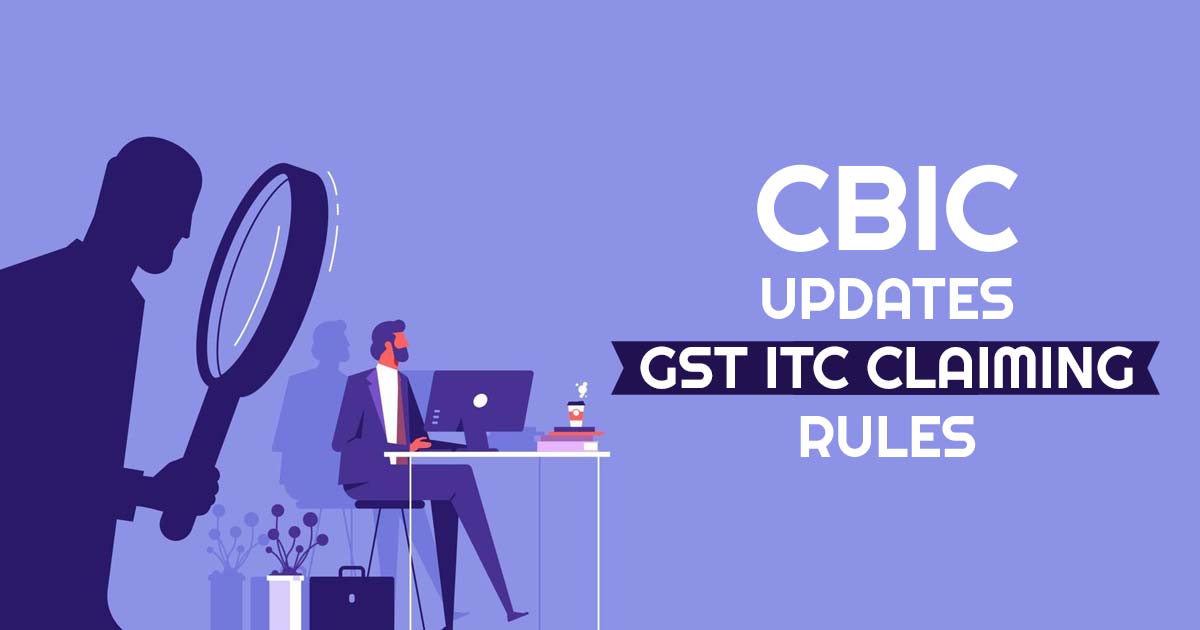
Under the GST act, an assessee would need to reverse the ITC that was claimed by 30th November for the case when his supplier could not deposit the dues the taxes via 30th September. PAN-linked mobile along with the email could be used with biometric authentication or GST Registration.
The Central Board of Indirect Taxes and Customs(CBIC) reported that various decisions were opted via the GST official in its 48th meeting on the date 17th of December.
CBIC reported the new provisions by inserting Rule 37A in the Central Goods and Services Tax as suggested by the 48th GST council. The assessee could reclaim the Input tax credit after that complying with the deposit of the taxes via the supplier.
The experts mentioned that businesses should consider the same amendments.
Tax experts stated that “Insertion of Rule 37A merits attention as the same provides for the instances and the manner where the Input tax credit is required to be reversed in case of non-payment of tax by the supplier,”
CBIC inserted a new regulation, 88C by revising the Central Goods and Services Tax Rules, 2017. Rules 88C stated that concerning the difference in the liability notified in the statements of the outward supplies and the same in turn reports. The assessee might get affected by it if any irregularity in the filings of GSTR-1 and GSTR-3B forms. For ensuring compliance the load shall be upon the assessees.
The centre reported that the revisions to the Central Goods and Services Tax (CGST) Rules, 2017, mandating the mobile number and email linked to PAN to be verified by One Time Password (OTP).
The same would make the required amendments for permitting the unregistered suppliers and composition assessees to incur the intra-state supply of goods through E-Commerce Operators (ECOs).
The same would plug the revenue leakage and would surge the load of compliance.
Tax experts mentioned that “The amendments made would further increase the onus of compliance on the recipient of goods/services. It is advisable that the industry should look at digitalising this process of compliance either through IRP or through ASPs in order to avoid undue leakages in the system,”